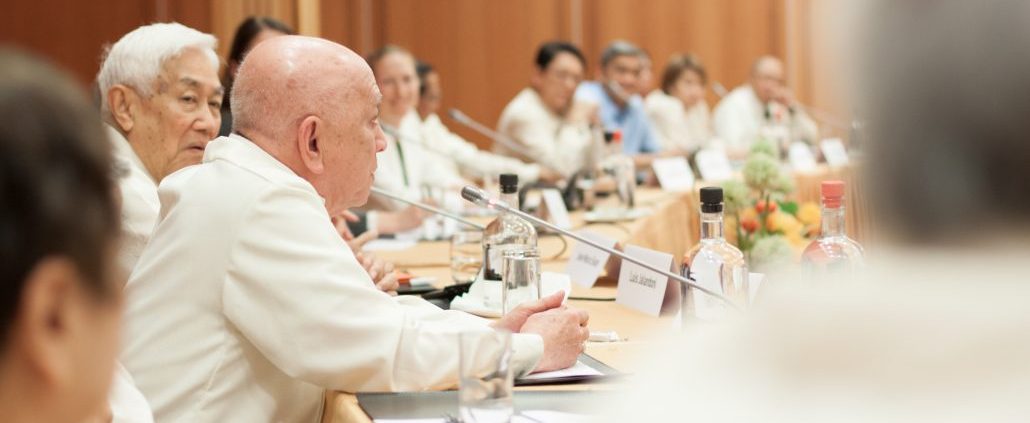Fourth round of talks focus on socio-economic reforms, ceasefire
NDFP Media Office | Press statement
3 April 2017
The fourth round of talks between the National Democratic Front of the Philippines (NDFP) and the Government of the Republic of the Philippines (GRP) will focus on socio-economic reforms and ceasefire.
In the agreed schedule released by the panels late this afternoon, the talks stretching from 3 to 6 April will include four bilateral meetings of the Reciprocal Working Committees of the Comprehensive Agreement on Social and Economic Reforms (RWC-CASER) and three bilateral meetings of the Ceasefire Committees.
The series of RWC-SER meetings are aimed at reconciling the NDFP and GRP drafts on the section on Agrarian Reform and Rural Development, covering the contentious issues of land distribution.
In his opening remarks, NDFP chief political consultant Jose Ma. Sison called on the panels to rectify Philippine land reform laws which he branded as “bogus” due to their limited scope and land amortization requirements which could not be afforded by landless tillers.
Sison said that land that has been grabbed from indigenous peoples and poor settlers, especially in logged-over areas should be distributed for free, and so should idle or abandoned lands. However, he clarified that landlords who did not acquire their lands through land-grabbing can be compensated in cash and industrial bonds.
As early as the third round, the GRP had declared that it agreed in principle to the free distribution of land.
The ceasefire committee meetings will tackle the NDFP’s counter-proposals to the GRP’s draft bilateral ceasefire agreement. A meeting on the bilateral ceasefire agreement scheduled for 22 February failed to push through after the peace talks’ cancellation earlier that month.
In addition to CASER and ceasefire, there is a meeting scheduled on the status of implementation of the Comprehensive Agreement on Respect for Human Rights and International Humanitarian Law (CARHRIHL) signed in 1998. The NDFP has raised several concerns regarding the CARHRIHL, including escalating militarization in the countryside that has resulted in the killing of more than 40 peasant leaders and activists under the Duterte government.

